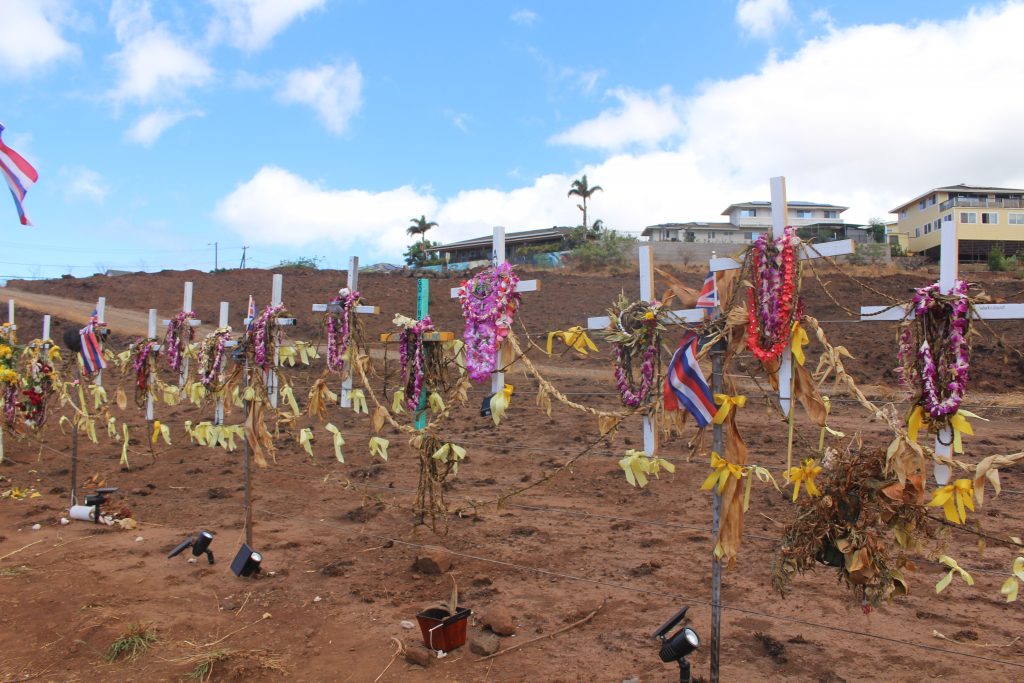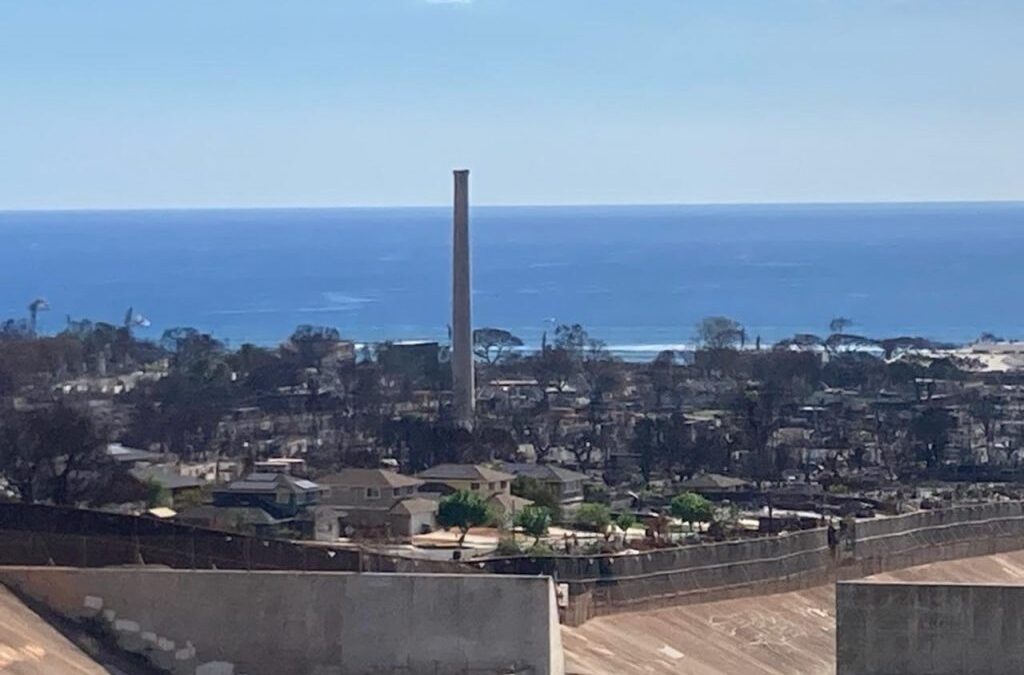The University of Hawaiʻi has received $800,000 in grants from the National Science Foundation for four projects focused on post-wildfire research. The funding will contribute to efforts to prevent and respond to future wildfires in Hawaiʻi through data science and computational modeling. One project aims to develop a multi-hazard monitoring and detection system, while another focuses on creating wildfire computer models to improve predictions and aid in resource allocation. Additionally, research will address the impact of wildfires on K-12 education and explore trauma-informed STEM education as a means of processing and recovery. These projects demonstrate the university’s commitment to understanding and mitigating the devastating effects of wildfires on local communities.
University of Hawaiʻi-led projects secure $800,000 in grants for post-wildfire research
Four University of Hawaiʻi-led projects have received a total of approximately $800,000 in expedited RAPID (Research Advanced by Interdisciplinary Science and Engineering – Rapid Response Research) grants from the National Science Foundation in the aftermath of the deadly Maui wildfires. These grants are specifically used to fund proposals that have a severe urgency in regards to availability or access to data, facilities, or specialized equipment, including quick-response research on natural disasters. The focus of these projects is on post-wildfire research, with three projects centered around data science and their contribution to preventing and reacting to future wildfires in Hawaiʻi. The projects include a multi-hazard monitoring and detection system, computational modeling of wildfire management, and wildland and urban fire modeling using high-performance computing models. Additionally, there is a project that focuses on trauma-informed STEM (Science, Technology, Engineering, and Mathematics) education and its potential impact on processing and recovery from wildfire-related trauma.

This image is property of media.mauinow.com.
Multi-hazard monitoring and detection system
The first project, a multi-hazard monitoring and detection system, combines the University of Hawaiʻi’s climate mesonet system with Northwestern University’s Sage Artificial Intelligence-enhanced instrument platform. This system aims to build a monitoring and detection station for natural disasters such as fires, high winds, and floods. The system is being deployed near the Lahaina fire site, gathering vital data for the recovery effort. By utilizing advanced AI technology and enhancing instruments, this project not only provides essential data for recovery planning but also highlights the advantages of recent advancements in climate science and cyber-infrastructure. Local students from Maui will also be involved in the construction, data gathering, and analysis efforts, providing them with valuable hands-on experience.
Computational modeling of wildfire management
The second project focuses on computational modeling of wildfire management and the importance of accurate and timely predictions for wildfire spread. Led by the University of Hawaiʻi at Mānoa graduate faculty and Maui resident Alice Koniges, this project aims to develop wildfire computer models using level-set methods and Hamilton-Jacobi equations. These models have the potential to save lives and infrastructure in future wildfires by informing resource allocation and improving human evacuation models. High school and community college students from the ʻĀina Data Stewards program on Maui will be involved in this research, gaining valuable knowledge and contributing to active research projects through field data collection. The project also considers additional risks posed by non-native trees and grasses and aims to train Ph.D. students in mathematically-based methods of disaster mitigation and modeling.

This image is property of media.mauinow.com.
Wildland and urban fire modeling
The third project focuses on wildland and urban fire modeling, emphasizing the importance of data sources in understanding wildfire propagation. With Lahaina being in an isolated location with limited wind and environmental observations, this project aims to capture data from various sources, including social media and time-stamped photos. The collected data will be processed and analyzed using AI-enhanced methods, providing valuable insights into how a wildfire propagates within a community and interacts with urban structures. UH Maui College students will play a critical role in this project, advancing modeling and simulation research. The project also aims to process large volumes of data using advanced AI techniques and make the collected data publicly available for future research and decision-making.
Trauma-informed STEM education
The fourth project focuses on trauma-informed STEM education and its potential impact on processing, healing, and recovery from wildfire-related trauma. Led by University of Hawaiʻi researchers, this project specifically targets Maui’s educators and youth. The researchers believe that understanding the impact of trauma on K–12 education is crucial for moving forward from the tragedy. They aim to apply a framework developed by Professor Tara O’Neill, which involves connecting with communities, learning from the place, people, kūpuna (elders), and moʻolelo (stories). By partnering with individual educators, community members, and cultural practitioners, the project aims to build emotionally healthy STEM learning environments where STEM content and activities serve as tools for processing and healing. The insights gained from this project can inform short-term and long-term planning by the Hawaiʻi Department of Education and other state institutions.
In conclusion, these University of Hawaiʻi-led projects secured $800,000 in grants for post-wildfire research, focusing on a multi-hazard monitoring and detection system, computational modeling of wildfire management, wildland and urban fire modeling, and trauma-informed STEM education. The projects address crucial aspects of wildfire prevention, management, and recovery, with a particular emphasis on understanding trauma and its impact on education. By collaborating with various academic institutions and involving students at different levels of education, these projects aim to make significant contributions to the state of Hawaiʻi and communities affected by wildfires. The quick-response research enabled by the National Science Foundation’s RAPID grants is essential for advancing our understanding of natural disasters and improving future prevention and response efforts.

